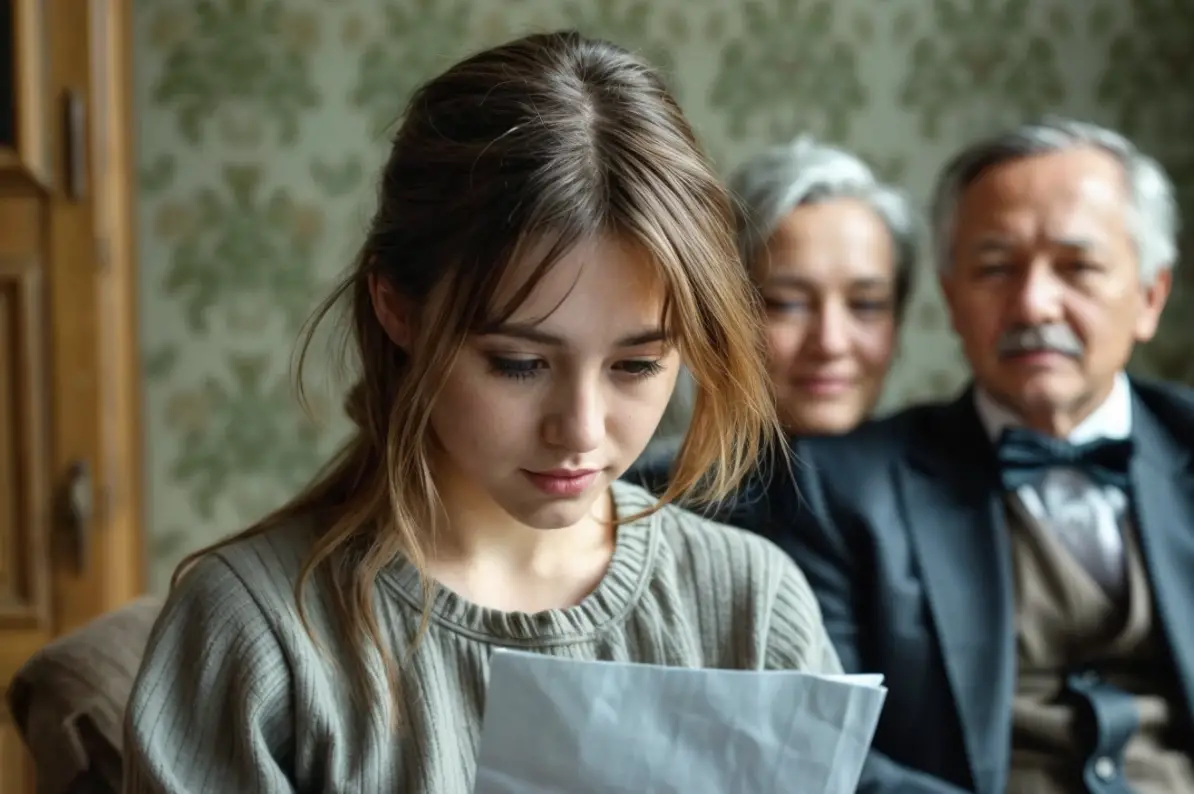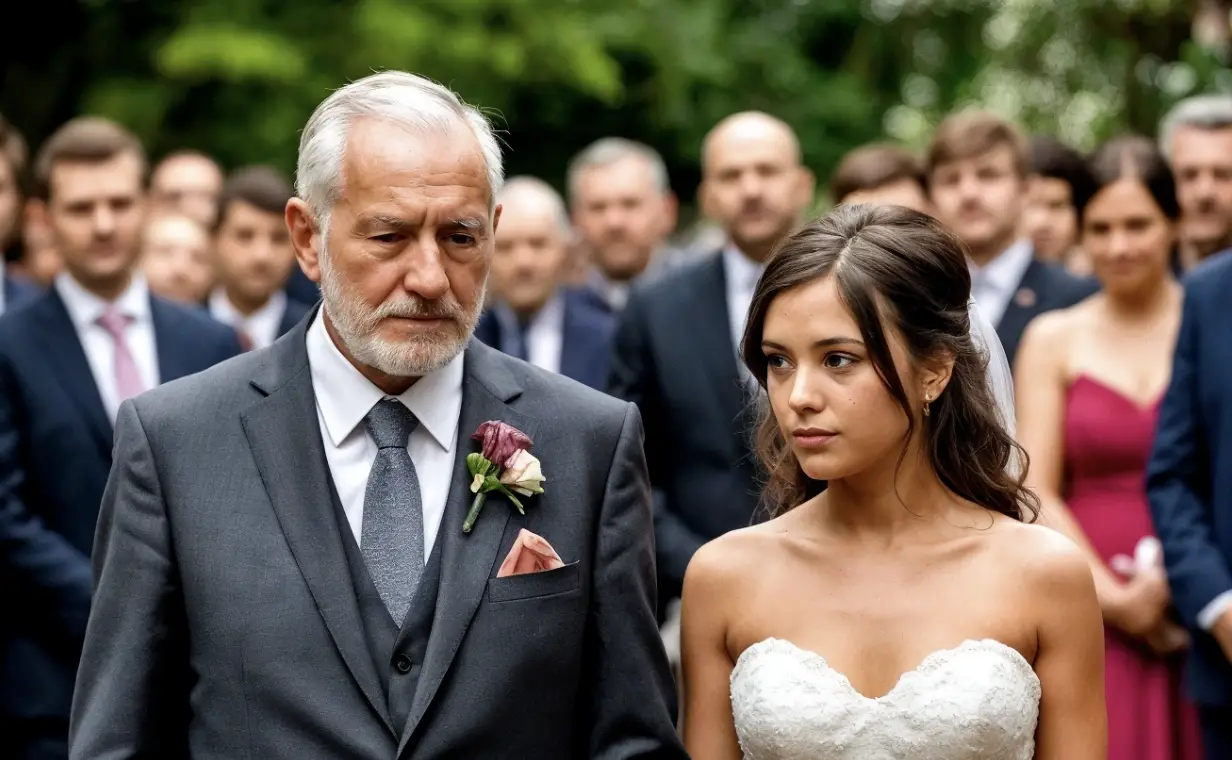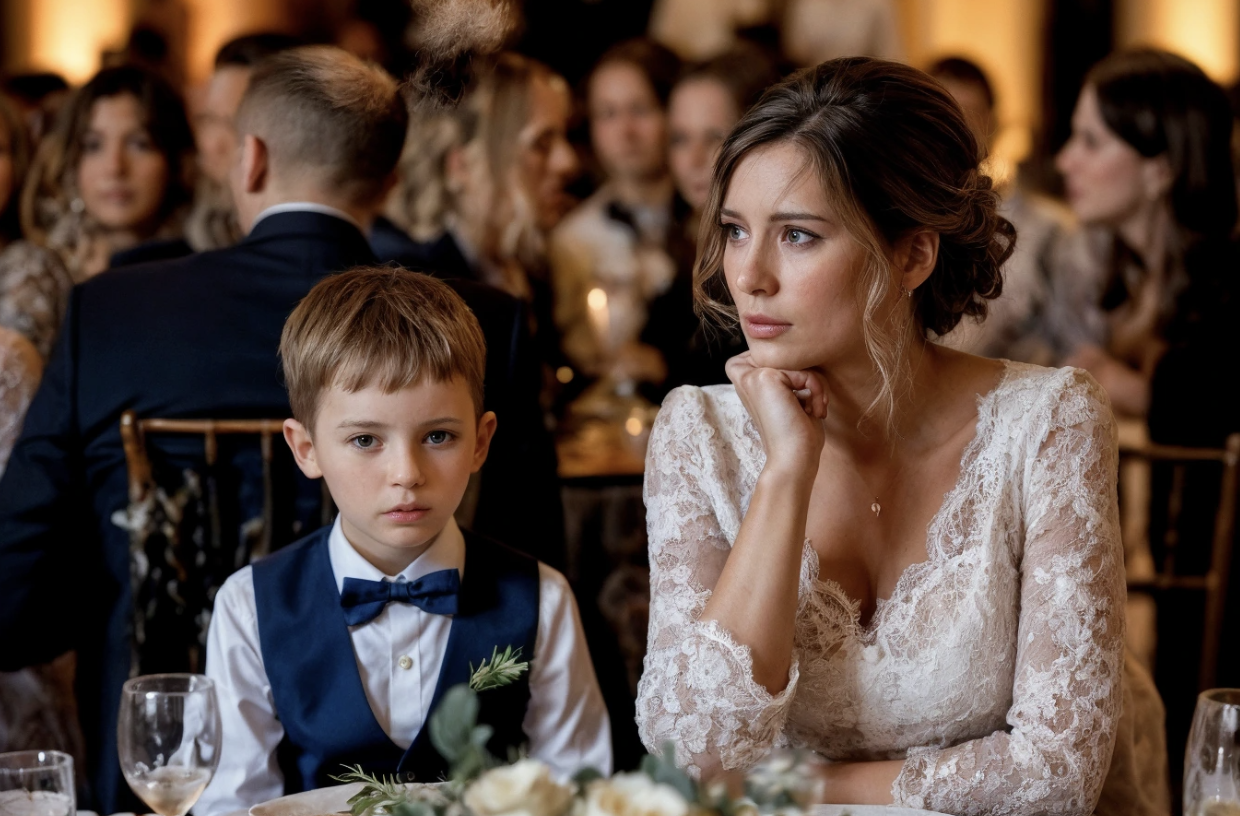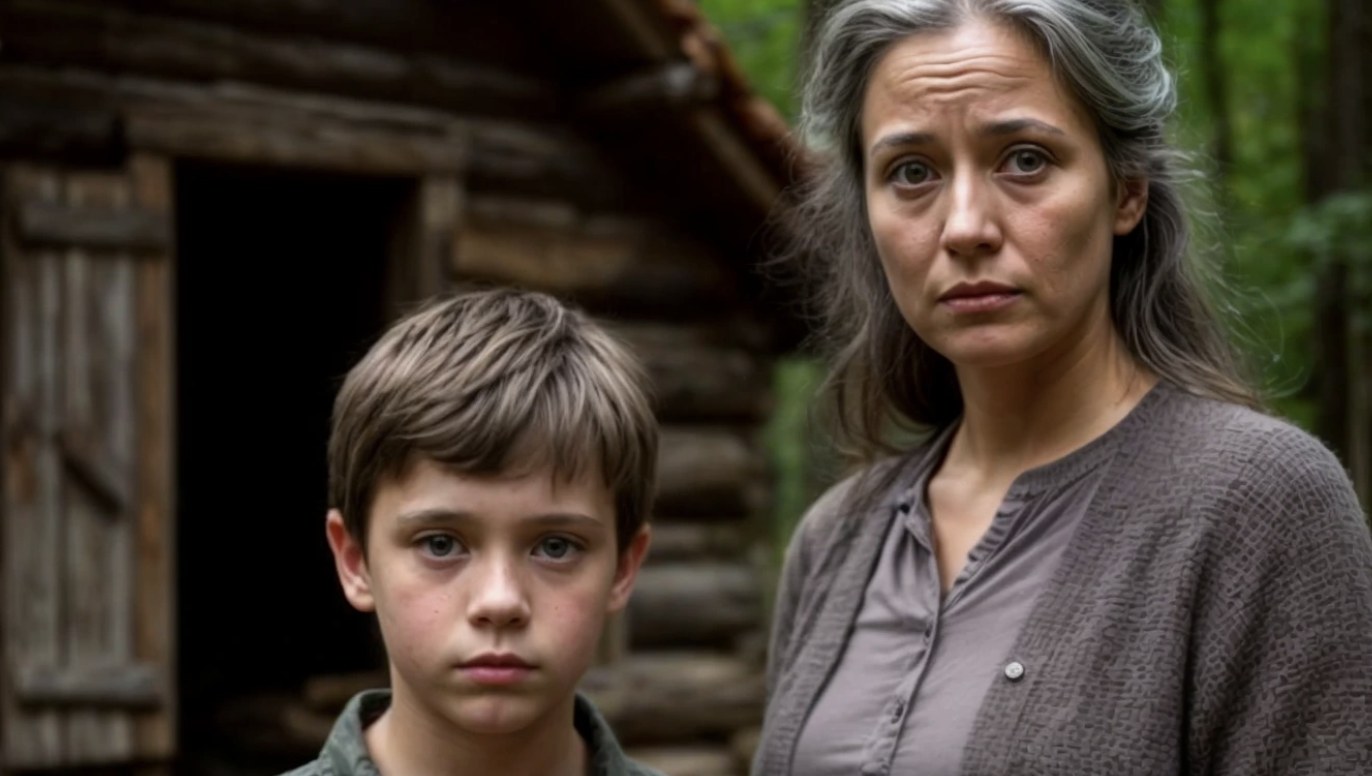— I found two little kids in my garden, raised them as my own, but after fifteen years, some people decided to take them away from me.
“Marish, come quickly!” Stepan shouted from the garden, and I dropped the half-mixed dough right into the sourdough starter. I rushed out onto the porch — my husband was standing by the old apple tree. And next to him… two small children: a boy and a girl. They were sitting in the grass between the … Read more









